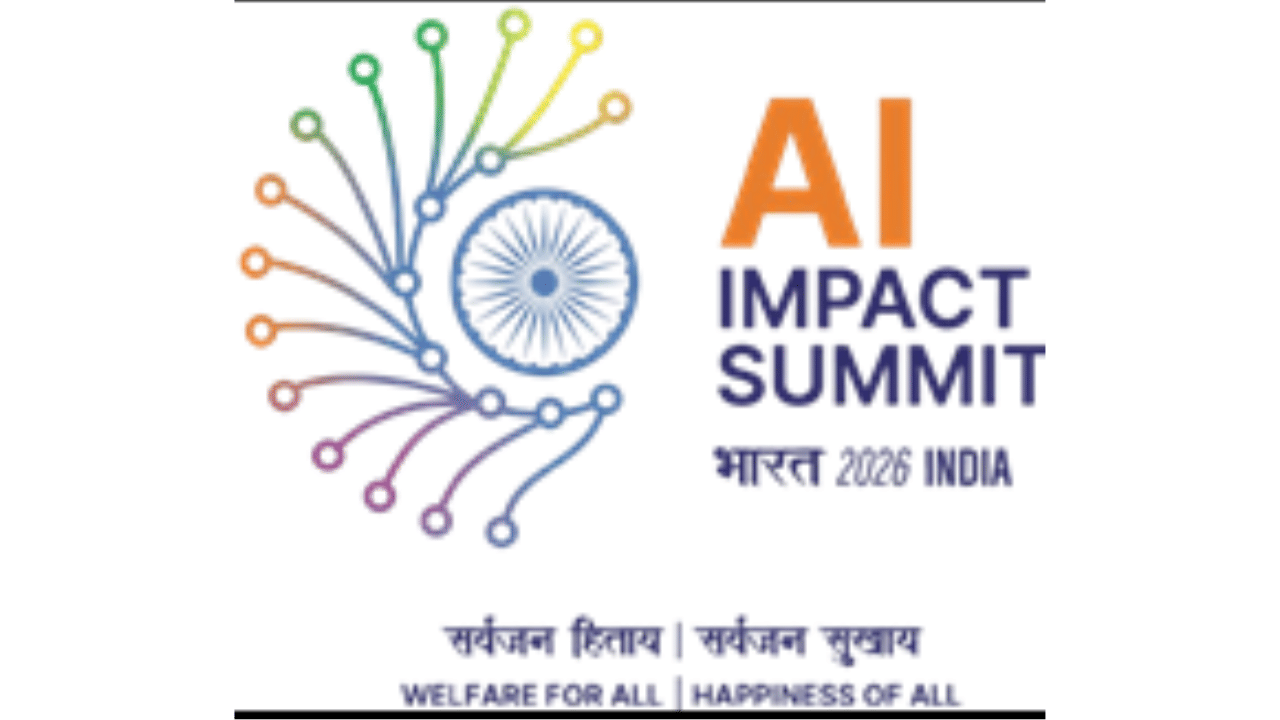Understanding Blood Pressure
Blood pressure, a critical health indicator, reflects the force of blood against artery walls. It is measured in millimeters of mercury (mmHg), with two
numbers: systolic (pressure when the heart beats) and diastolic (pressure when the heart rests). The ideal blood pressure is typically below 120/80 mmHg. High blood pressure, or hypertension, is a condition where this pressure is consistently too high, increasing risks of heart disease, stroke, and kidney problems. Many factors influence blood pressure, including diet, exercise, stress, and genetics. Regular monitoring and awareness are crucial for early detection and management. Lifestyle modifications can significantly impact blood pressure levels, offering a natural approach to improve heart health.
Dietary Strategies for Control
Diet plays a pivotal role in managing blood pressure. The DASH (Dietary Approaches to Stop Hypertension) diet is highly recommended, emphasizing fruits, vegetables, whole grains, and low-fat dairy. This diet is naturally low in sodium, saturated fat, and cholesterol. Limiting sodium intake is paramount; aim for less than 2,300 milligrams per day, and ideally, less than 1,500 mg. Potassium-rich foods, such as bananas and spinach, help counter the effects of sodium. Reduce intake of processed foods and red meats, which often contain high levels of sodium and unhealthy fats. Increase fiber intake to improve overall cardiovascular health and keep your arteries healthy. Drink adequate water to help maintain blood volume and support kidney function, which helps regulate blood pressure.
Exercise and Blood Pressure
Regular physical activity is another potent tool in managing high blood pressure. Aim for at least 150 minutes of moderate-intensity aerobic exercise or 75 minutes of vigorous-intensity aerobic exercise per week. Aerobic activities like brisk walking, jogging, cycling, or swimming are highly effective. Incorporate strength training exercises at least twice a week to build muscle, which helps lower blood pressure. Exercise helps strengthen the heart, improves blood vessel function, and promotes weight loss, all of which contribute to lowering blood pressure. Consult with your doctor before starting any new exercise program, especially if you have existing health issues. Begin slowly and gradually increase the intensity and duration of your workouts to achieve optimal results and avoid injury.
Stress Management Techniques
Stress significantly impacts blood pressure; therefore, effective stress management is crucial. Chronic stress can elevate blood pressure, putting you at risk for heart problems. Practice relaxation techniques like deep breathing, meditation, and yoga to calm the nervous system. Regular meditation sessions can lower the levels of stress hormones, contributing to overall health. Engage in activities you enjoy, such as listening to music, reading, or spending time in nature, to reduce stress. Ensure you get adequate sleep; aim for 7-9 hours of quality sleep each night. Consider seeking professional help from a therapist or counselor if stress is overwhelming. Addressing and managing stress can have a profound impact on your blood pressure and overall well-being.
Lifestyle Modifications
Several lifestyle modifications can significantly influence blood pressure. If you smoke, quitting is one of the most beneficial steps you can take. Smoking damages blood vessels and increases blood pressure. Limit alcohol consumption; for men, this means no more than two drinks per day, and for women, no more than one. Losing even a small amount of weight if you are overweight can lead to significant blood pressure reduction. Monitoring your blood pressure regularly at home can help you track your progress and identify any concerning trends. Reducing caffeine intake can also be beneficial, as it can temporarily raise blood pressure. Discuss your lifestyle changes with your healthcare provider to ensure a personalized and effective management plan.






















